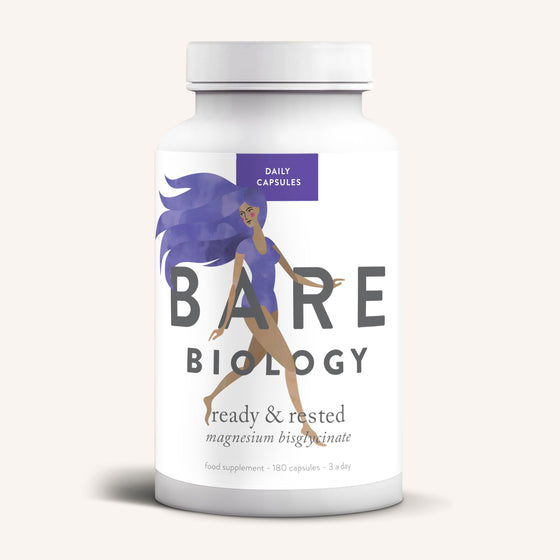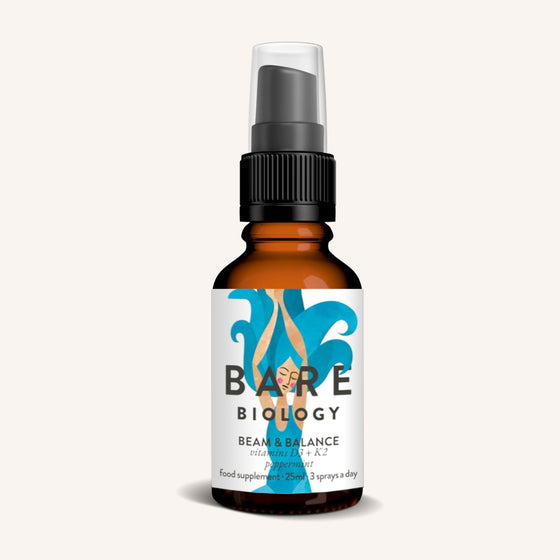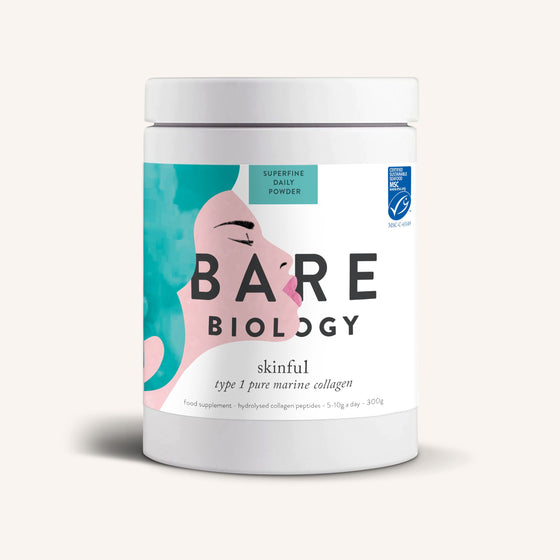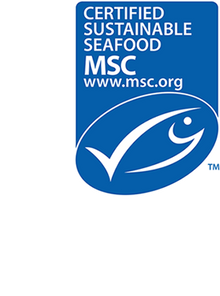Jen Walpole is a registered Nutritional Therapist specialising in fertility and IVF nutrition. In this blog, Jen shares her top nutrition tips and supplement recommendations for fertility and beyond…
What to eat when you’re trying to get pregnant
The Mediterranean diet is widely studied as the most beneficial to support both male and female fertility. The diet itself is predominantly plant-based with a variety of vegetables, whole grains, some fruit, and at least two servings of fish per week (oily fish ideally). Grass fed and free range meat are important sources of nutrients and protein, as is organic dairy (if tolerated). This way of eating also includes important healthy fats such as olive oil, nuts, seeds and olives.
Fertility supplements
One of the main reasons this diet is great is it’s rich in the essential fatty acid omega-3. This being said, I like to recommend omega-3 supplements to support fertility as unfortunately most of us don’t eat enough of it. My go-to is Bare Biology’s Rise and Shine Omega-3 + vitamin D3. This means my clients don’t have too many supplements to think about!
From there, I will add in additional nutrients and probiotics based on their individual requirements. This can vary with each client due to conditions such as PCOS or changes in semen health.
What to eat during pregnancy
Whilst the Mediterranean diet is still the most beneficial to continue during pregnancy, the biggest challenge is managing symptoms including nausea, fatigue and food aversions. Eating little and often is great to keep some of the nausea at bay. Oatcakes or rice crackers with some nut butter or cheese are a great option.
For those that struggle to get in their greens, smoothies are a lovely option to hide them in! Often in pregnancy we crave refreshing cold fruits. These can be blended with a handful of veggies, oats and almond milk or water. Add some additional protein and healthy fats to keep you fuller for longer.
Pregnancy supplements
In terms of supplements I recommend a pregnancy prenatal multivitamin. My clients can keep taking Rise & Shine as this has good levels of DHA to support babies’ development but I usually switch them onto Mums and Bumps pregnancy omega-3 capsules. All you need is one capsule a day which makes things easier if you're suffering with morning sickness.
What to eat for breastfeeding
Breastfeeding women need up to 500 extra calories per day and this can be a challenge with a newborn.
Batch cooking is great, especially freezing meals ahead of your baby arriving. If time is a challenge, I love the Mindful Chef freezer meals (they even have a lovely new parents package). They have been a godsend to my clients and I during the first few weeks of newborn life!
Bone broths are a fantastic way to aid tissue repair following birth, which can be bought or made easily at home if you can find some time - or try Bare Biology’s Skinful collagen powder. I also recommend having a batch of homemade energy balls in the fridge.
Fluids are also important if breastfeeding. I advise clients to try and drink 2.5-3L of water per day– sipping little and often is key.
Breastfeeding supplements
A growing baby needs a lot of omega-3 DHA, with the brain increasing around 30 times from around 24 weeks to 2 years. The body prioritises the DHA supply from your brain and uses it for your breast milk.
Supplementing with good quality fish oil helps provide your baby with what they need and keeps your own levels topped up so you’re at lower risk of postnatal depression.
To keep up with the demand I recommend sticking to Mums & Bumps.
It’s a good idea to keep taking omega-3 after giving birth, even if you’re not breastfeeding. Just being pregnant depletes your own stores of omega-3 fatty acids and nutrients for up to 2 years.
A pregnancy prenatal multivitamin should be continued during breastfeeding when nutrient stores become depleted.
References






